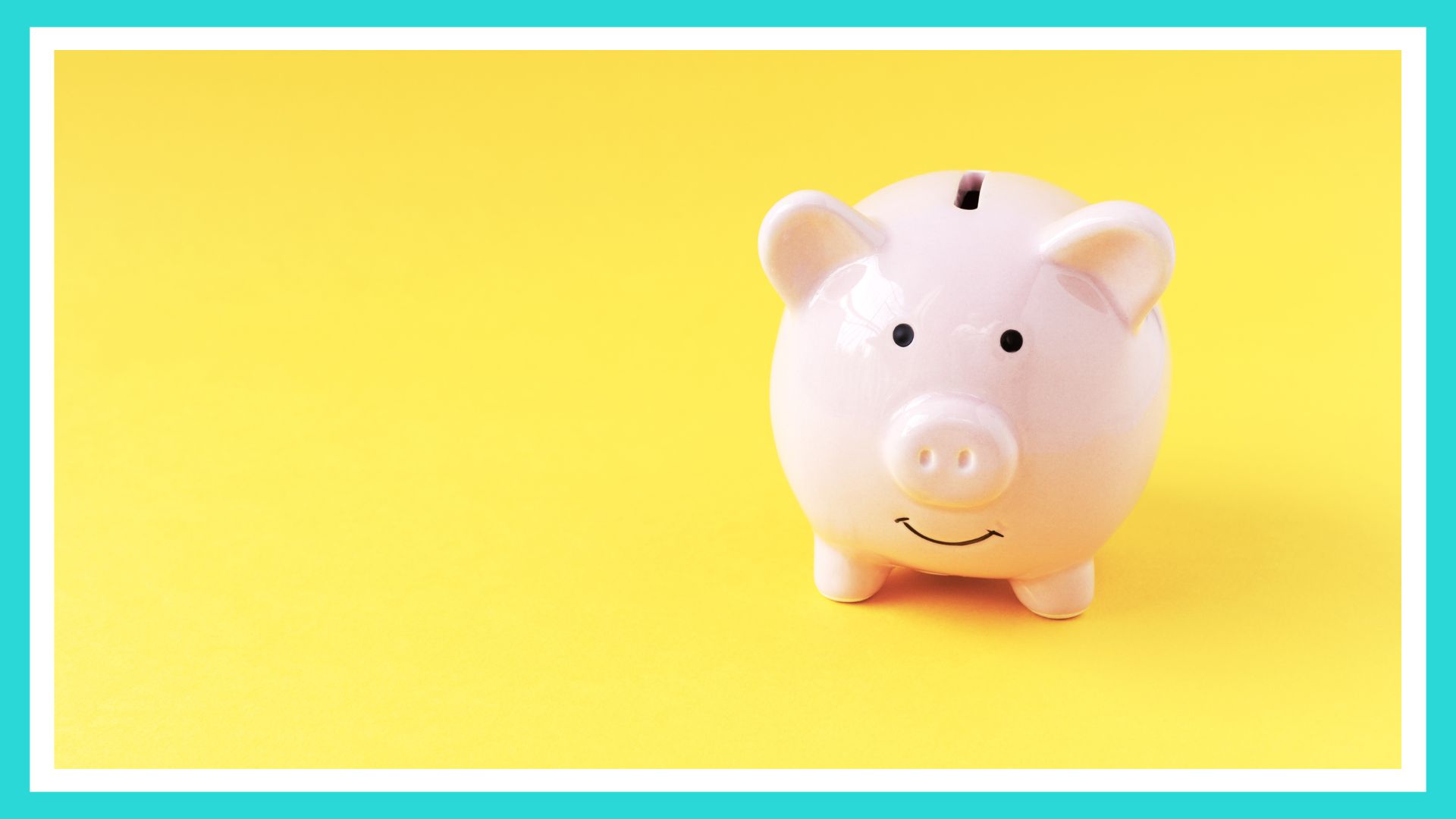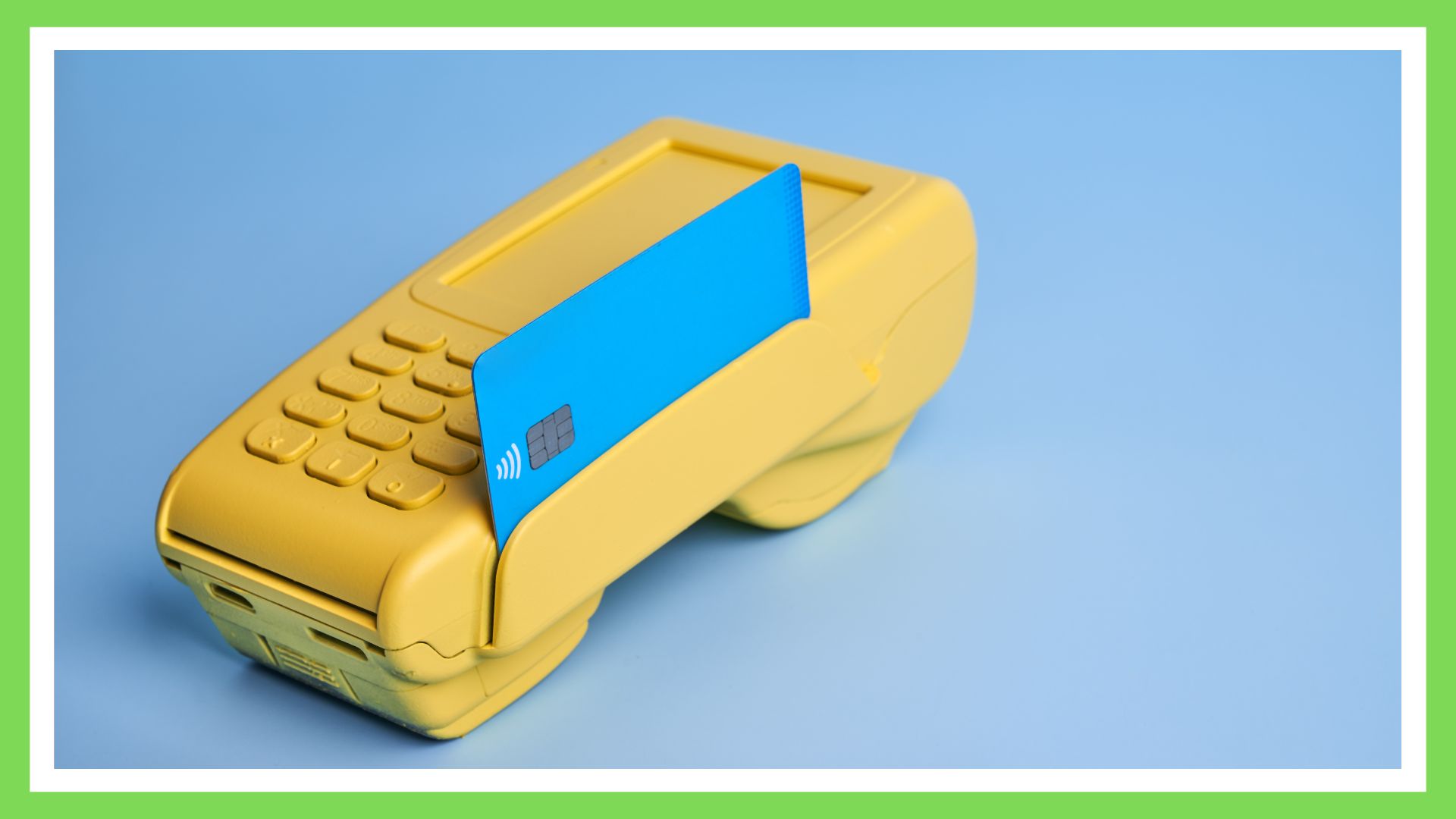The best financial wellness tips to help you stay on track
From saving to spending, budgeting to negotiating and everything in between, let the experts guide you

Danielle Valente

Financial wellness tips are always welcome, especially during a tumultuous 2022.
From saving to budgeting and everything in between, these expert-backed guidelines will help you feel a little less stressed when dealing with your pocketbook.
For more ways to stay ahead of the game, download one of the best money saving apps on the market and keep informed with our favorite personal finance podcasts.
Financial wellness tips, according to experts
A post shared by My Imperfect Life (@thisismyimperfectlife)
A photo posted by on
1. Talk about money
Black Girl Finance UK founder, Selina Flavius, says to get comfortable talking about money, something that's not always easy to do. The topic is often seen as rude, but our mindset needs to change in order to have a healthy relationship with our finances.
"It's super important because a lot of the times when people are struggling with their finances, they don't talk to anyone about it," she says. "But it's super important to talk about how you are doing financially because if you are struggling, you should not suffer alone or in silence. There is help out there."
Don't be afraid to speak to someone who got on the property ladder—ask them how to save up for a house. You can even discuss money-saving challenges with someone who nails their savings goals each month, or get a peer's insight about how to ask for a pay rise successfully.
Selina Flavius is a senior account exec and founder of the coaching platform, Black Girl Finance. Check out her first book, Black Girl Finance, which is currently on shelves.
2. Prioritize your finances
Many of us lead busy lives, especially before the pandemic slowed things down. This often means prioritizing finances can fall to the bottom of our to-do lists, Flavius believes.
"Make sure that every single month you do a check-in on your finances and ensure that you can still handle any financial commitments that you may have," she suggests. "This is really important, particularly at this time where circumstances might have changed for some of us."
3. Start journaling
Time to head to the stationary store and grab a cute notebook. Financial journaling is equally as healthy as maintaining a diary.
"Journaling provides great strategies to help gain control over your spending and ensures you are honest with yourself about the money going in and out of your accounts," says Michael Throckmorton, business success manager and data protection officer at mCash Advance.
Even better? This method helps to plan for the future and adjust your habits accordingly.
"Creating a financial journal will also help you to make realistic goals based on your weekly and monthly expenditures," Throckmorton adds. "If you’re looking to save up for large expenditures then a journal can help you to cut out unnecessary expenses, set a cap for the monthly budget or put an amount of money aside in savings each week."
Michael Throckmorton, business success manager and data protection officer at mCash Advance, a financial portal for small business financing in the US.

4.Transfer debt to a 0% interest
Like we said, 2022 has presented some challenges for us, but it's nothing we cannot handle if we act wisely.
Borrowing interest rates are increasing, so avoid being caught in the trap of giving away more money than you need to," says Makala Green, author of The Money Edit and Britain’s first Black and female chartered financial planner.
She continues, "You are likely paying high interest if you have debt on an overdraft or credit card. You could consider switching it all to a credit card with a 0% interest credit card for a set period to allow you to clear your debt quicker without paying over the odds."
Award-winning financial expert and author of The Money Edit, Makala Green is all about making wealth simple. She's represented noteworthy companies such as Waitrose, French Connection and Marks & Spencer, and offers coaching, one-on-one planning and more.
5. Always save
Flavius is a big advocate of saving, and she suggests that you should be saving at least 20% of what you earn each month if you can. But if you need to start with a smaller amount and work your way up, then that's great, too.
"The reason why I'm such a big advocate for saving is because at this time, you need to have that financial buffer—a security blanket so that if anything happens you have something [to fall back on," she says. "In ordinary times, we talk about having an emergency fund in case a car breaks down or in case the boiler packs up, but during COVID people are really impacted by cuts in hours or furloughs, so definitely do save up."
6. Stick to a budget
Flavius explains that budgeting is important because it is you telling your money where you want it to go, rather than wondering a month down the line where all of your money has gone.
"Budgeting allows you to direct your money to the most important areas of your life," she says. "For example, if you want to travel next year or if you want to buy a car or get married, I would definitely recommend budgeting for it."
She continues: "A simple budgeting strategy is the 50/30/20 rule. So 50% of your income goes to your essential bills, 30% then goes to your wants and 20% is for your savings."

7.Try to pay off high interest debts
One common factor that hinders many from saving, or saving as much as they could, is paying off high-interest debts, so Flavius suggests getting rid of it as quickly as possible.
"Once you have paid off your debts, you can use the money that you would originally be directing towards debt and direct it to your savings or investing," she says.
Sagal is a journalist, specialising in lifestyle, pop culture, fashion and beauty. She has written for a number of publications including Vogue, Glamour, Stylist, Evening Standard, Bustle, You Magazine, Dazed and Wonderland to name a few.
- Danielle ValenteDigital News Writer
